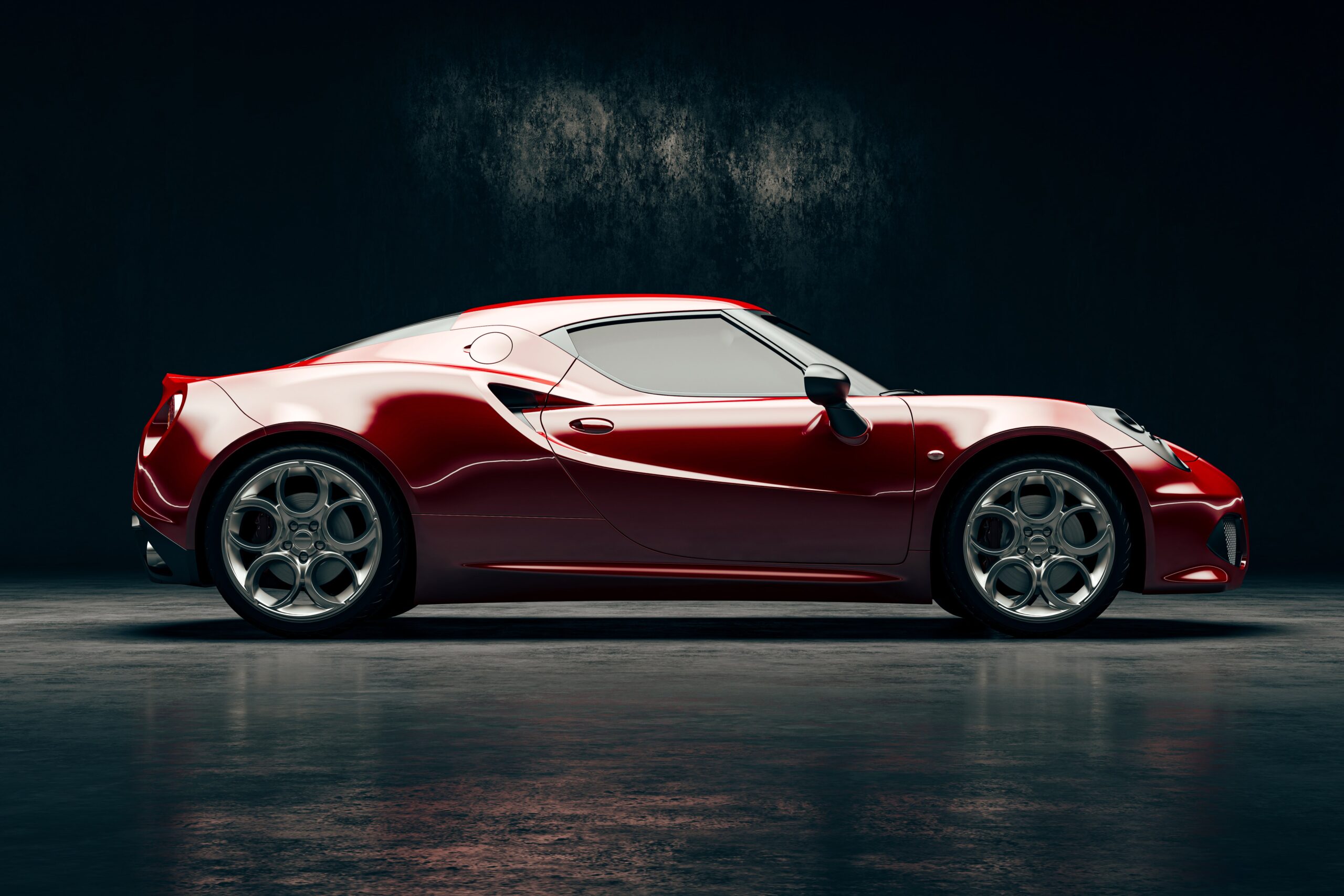Hybrid and electric vehicles are gaining more popularity because of their efficient and environmentally friendly performance.
Those concerned about the enticing features of electric and hybrid vehicles will absolutely be interested in diving into the world of each type and exploring each offering and uniqueness.
This article compares electric and hybrid cars, guiding readers on which type they can choose based on their circumstances, and addresses the shipping considerations of these cars.
Hybrid vs. Electric Vehicles
Hybrid cars are one of the categories of electric vehicles but differ from them in one essential feature: having a combination of power sources. In other words, hybrid cars are designed with both an electric motor and an internal combustion engine that boost their performance.
As long as the battery has enough charge, these cars initially operate with their electric motor, but when it runs down, they seamlessly switch to their gasoline engine. As a result, this decreased reliance on petrol optimizes fuel efficiency.
Alternatively, electric vehicles fully rely on their electric motor, powered by a large traction battery pack. They are more efficient than hybrid cars since they don’t produce exhaust through tailpipes. However, their advantages come at additional initial costs.
Similarities between Electric and Hybrid Vehicles
The most prominent feature common in electric and hybrid cars is their eco-friendly operability that exceeds traditional gasoline-powered vehicles. They produce lower emissions and contribute to cleaner and better air quality; this potentially mitigates climate change.
They can also travel farther distances on less fuel, making them great for saving money and improving efficiency. Most interestingly, these include tax breaks and rebates.
Differences between Electric and Hybrid Vehicles
Comparing driving range, hybrids enjoy a large range that can go as far as 600 miles, while EVs only have around 200 miles. Besides, the charging times of each vehicle vary depending on the car, battery size, and charger speed. Depending on these factors, it typically ranges from 30 minutes to several hours.
It is crucial to remember that hybrid cars may offer more flexibility in driving range and charging time because of their gasoline engine. That is why they are a popular and more convenient option for long journeys since they can be quickly refueled with gasoline, which makes them readily available.
Moreover, electric and hybrid cars differ significantly in maintenance requirements. Electric cars require less maintenance because they have fewer moving parts. Alternatively, hybrid vehicles may require maintenance similar to gasoline cars.
Hybrid or Electric?
People looking to buy one of today’s innovative eco-friendly cars, electric or hybrid cars, usually wonder about the best option available in the market; this is a normal case because of the many diversities of new vehicles with different capabilities.
However, despite how strange this sounds to car buyers, the fact is that the best option in the market doesn’t necessarily mean it is the best for you. That is because your specific circumstances and needs determine the best type for you to have, hybrid or electric.
Both cars have distinct advantages and disadvantages, making them suitable for some and the opposite for others. So, for people with a limited budget, no access to reliable charging infrastructure, and regularly taking long road trips, hybrid cars might suit them the best.
On the other hand, for people with short daily commutes, who are interested in reducing their greenhouse footprint, and living in areas with accessible charging facilities, electric cars are better.
Shipping Considerations for Hybrid and Electric Cars
Except for their batteries, which are internationally classified as a hazardous material for shipping, moving electric and hybrid cars involves similar logistics to traditional gasoline cars. There are a few key considerations regarding the unique characteristics of these vehicles, as addressed in the following:
Weight
Hybrids and EVs’ larger battery packs make them weigh more than gasoline cars; this means they will cost more to ship, as most shipping companies consider vehicle weight a basic pricing factor.
Battery Regulations
Most EVs and hybrids have lithium-ion batteries, and the government sets specific regulations for their safe transportation. It means carriers should have specialized equipment and appropriate licensing, as well as follow additional precautions while handling and shipping these cars.
Some manufacturers recommend shipping EVs with a specific charge level, usually between 30% and 50%. It is essential to abide by this rule to balance safety and potential battery damage during transport.
Preparation
The car must be in good condition before shipping. So, checking for proper fluid levels, secure battery placement, and inflated tires is crucial. Also, remove personal belongings, deactivate toll passes, and provide the carrier extra keys, similar to any car.
Additional Recommendations
- Choose a shipping company experienced in handling electric and hybrid vehicles.
- Ensure the company offers insurance coverage for the vehicle, including potential damage to the battery.
- Request quotes from several service providers and inquire about any additional fees associated with the weight or battery of hybrid or EVs.
- While some carriers might require disconnecting the battery, especially for international shipping, consult the manufacturer’s recommendations first. Disconnection can be complex and might void the warranty.
Tempus Logix is a leading American car shipping company operating nationwide. It has shipped thousands of different vehicle types across the country safely and securely, including electric and hybrid cars.
Conclusion
Electric and hybrid cars offer better efficiency without compromising performance, promising to solve sustainability concerns and challenges. Most importantly, shipping these cars must be handled carefully since they contain hazardous lithium-ion batteries.






